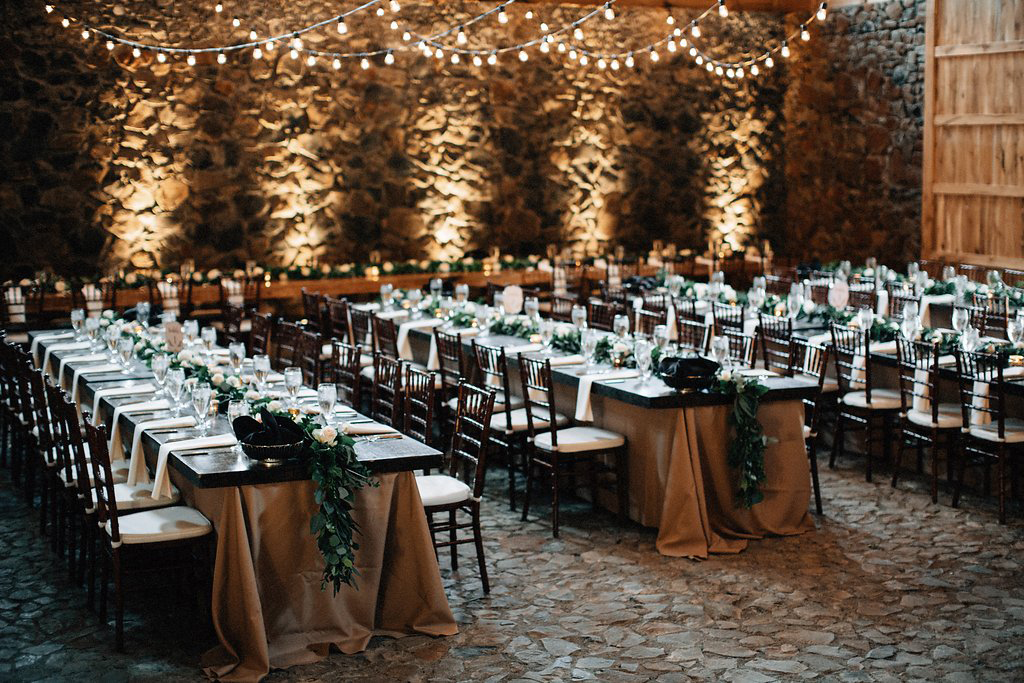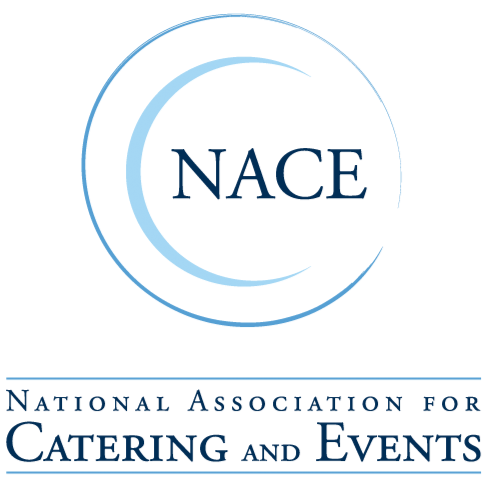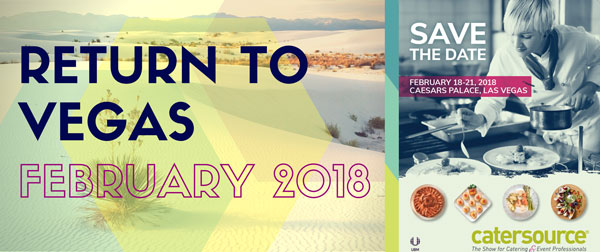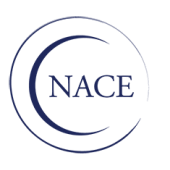Time is such a valuable commodity for all of us, whether we are trying to get more done at work, more done at home, or pursuing the ever-elusive “work/life balance”—it usually feels like there is just never enough. One potential time-eater can be meetings. From initial meetings with a potential client to a final venue walk through with a client that’s booked and excited to review details, we can sometimes end up meeting with any one client (or couple) multiple times throughout the planning process. Meetings are necessary, but if we take control and keep them focused and productive, they don’t need to swallow up large amounts of our precious time.
When meeting with a potential client or couple for the first time, setting expectation levels is important. Some things to include in your opening conversations:
• How many meetings you intend on having. For a wedding client/couple, for example, this might be a menu tasting, a planning meeting to review details and timelines, and then a walk through with them and other industry partners at their venue. For a corporate client, do you need to present to a committee, and do they have requirements as to when certain meetings need to occur?
• The location of the meetings. Does a menu tasting occur in your offices/kitchen, or at the venue? Planning meetings? By specifying the locations up front, you limit miscommunications (having a bride show up at the venue for their tasting while you and your chef are waiting at your kitchen, for example), and allow your client to plan out travel needs and timing. If the event is taking place at a client’s home, try to bring them into your office. Meeting them on their home turf, where they are comfortable and likely have no sense of urgency, can lead to non-productive exchange.
• The expected length of the meetings. “A planning meeting usually takes an hour.” “Menu tastings usually take about an hour and a half.” Remember, your time is valuable!

Photo courtesy Bethany Small Photography
Always do your homework and be prepared for each meeting with a clear agenda in your head (and possibly in writing). Know what points you need to cover, and what information you need to secure before you start so that you stay focused and efficient. If possible, sending out questionnaires to brides/grooms in advance, and asking that they send them back completed to you, is a great way to have a timeline and floor plans in place before a planning meeting even begins. Send out to links to linen and rental vendors in advance so they can browse on their time, not on yours.
No matter what you do, you will still have brides and grooms that want to meet multiple times—totally understandable. We want, and need, to bond with our social clients. Keep in mind that they also hired you because of your professionalism, and they expect you to be organized and guide them.
 Doug Quattrini, CPCE, National Association for Catering and Events
Doug Quattrini, CPCE, National Association for Catering and Events





